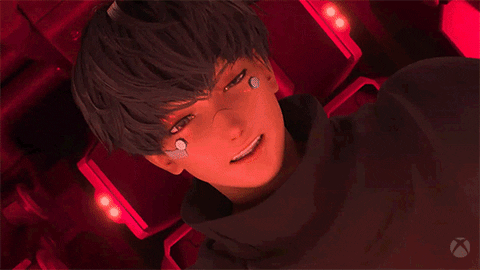Ender's Game, written by Orson Scott Card, is a novel that delves into various social issues through its narrative. The story revolves around young Andrew "Ender" Wiggin who is trained to become a military leader in an interplanetary war against alien races. While the book primarily focuses on themes of leadership and warfare, it also subtly explores several social implications that are relevant even today.
One such implication is the idea of using children as weapons. In Ender's Game, kids are trained from a young age to become soldiers in order to protect Earth against external threats. This raises questions about child exploitation and manipulation for political purposes. It serves as a cautionary tale on how society can sometimes prioritize national security over the well-being of its youngest members.
Another social implication present in Ender's Game is the concept of otherness. The novel portrays humans fighting against an alien race known as Formics, which leads to prejudice and fear towards these beings. This reflects real-world issues where people often stereotype or discriminate against those who are different from them. It highlights the importance of understanding and empathy in order to bridge gaps between cultures and species.
In conclusion, Ender's Game offers a thought-provoking exploration of various social implications that continue to resonate today. Its themes of child exploitation, prejudice, and fear towards otherness provide valuable lessons on how we should approach these issues in our own society.
